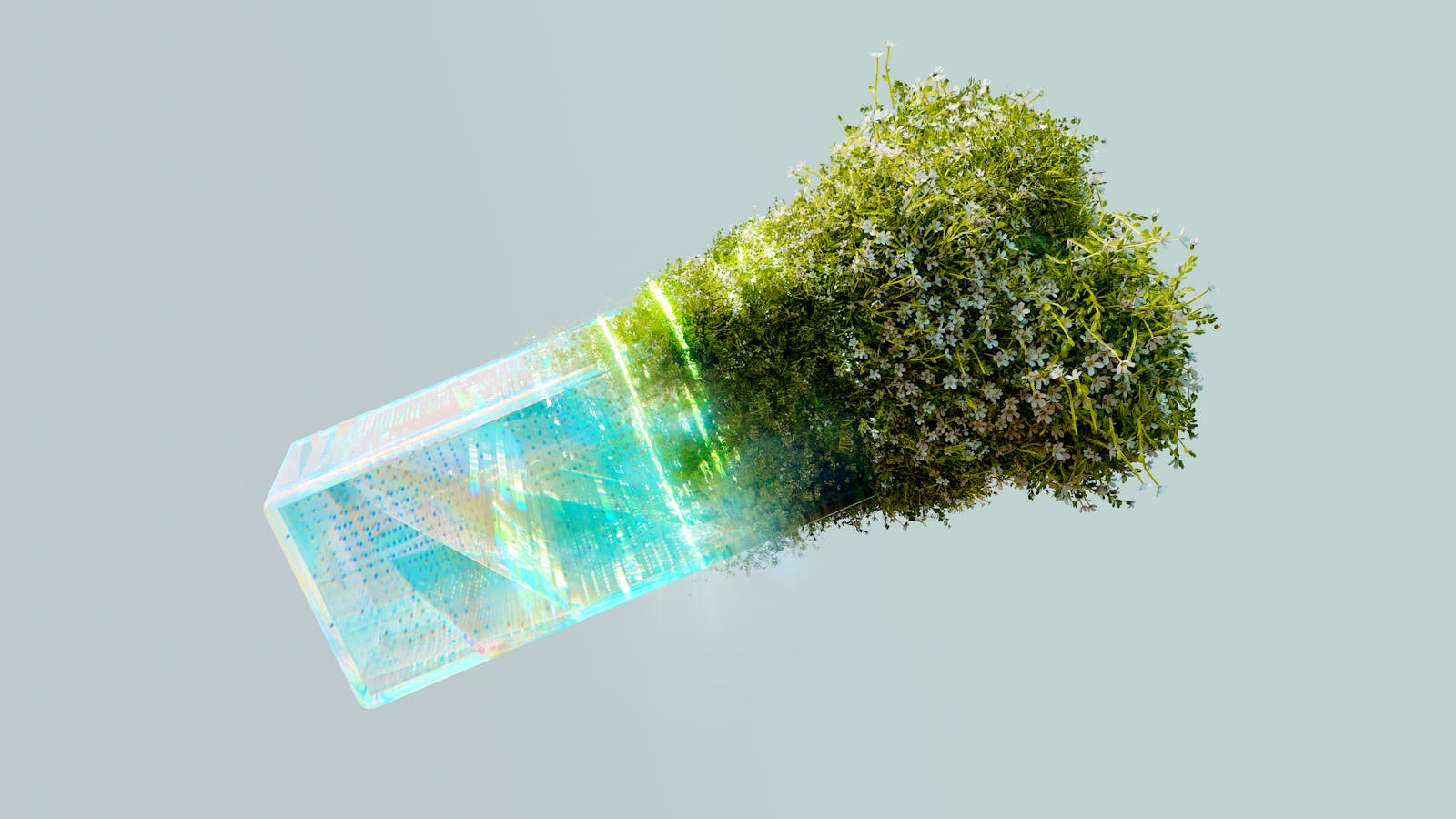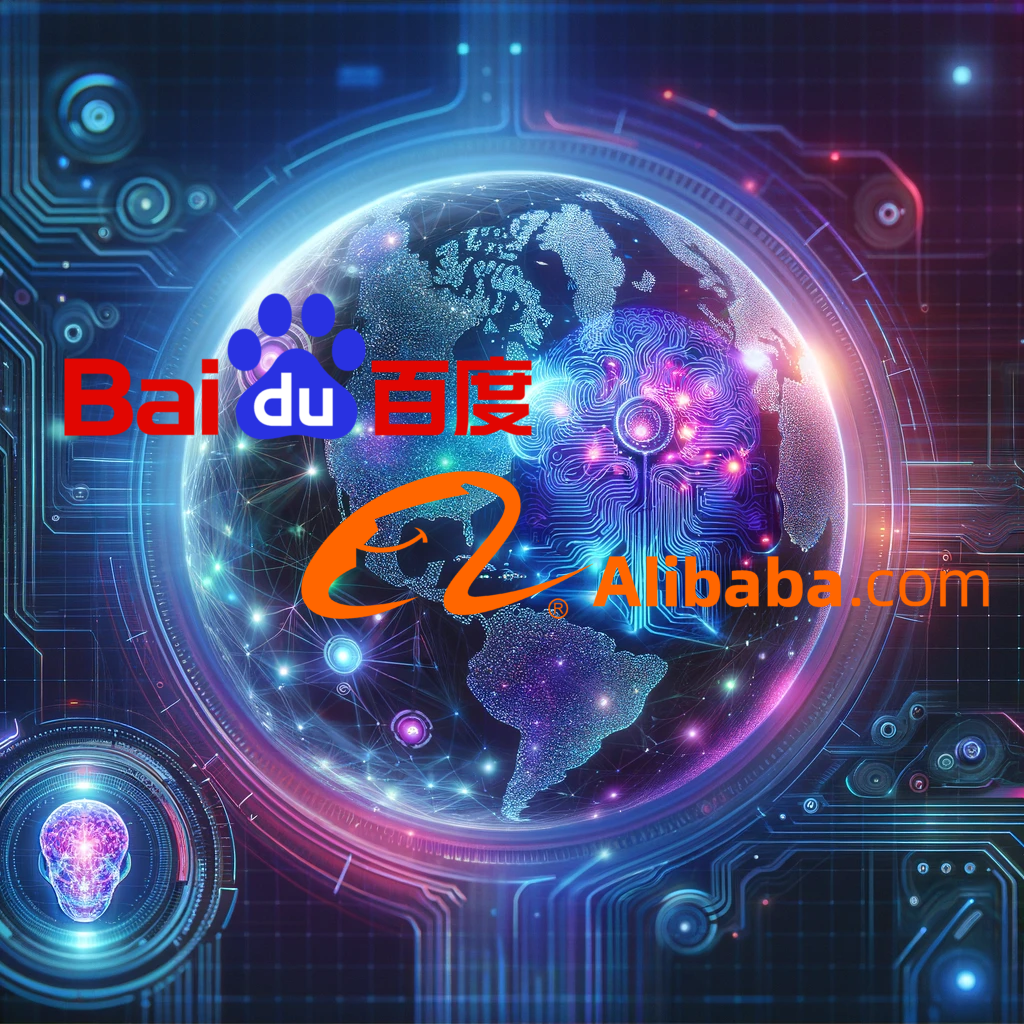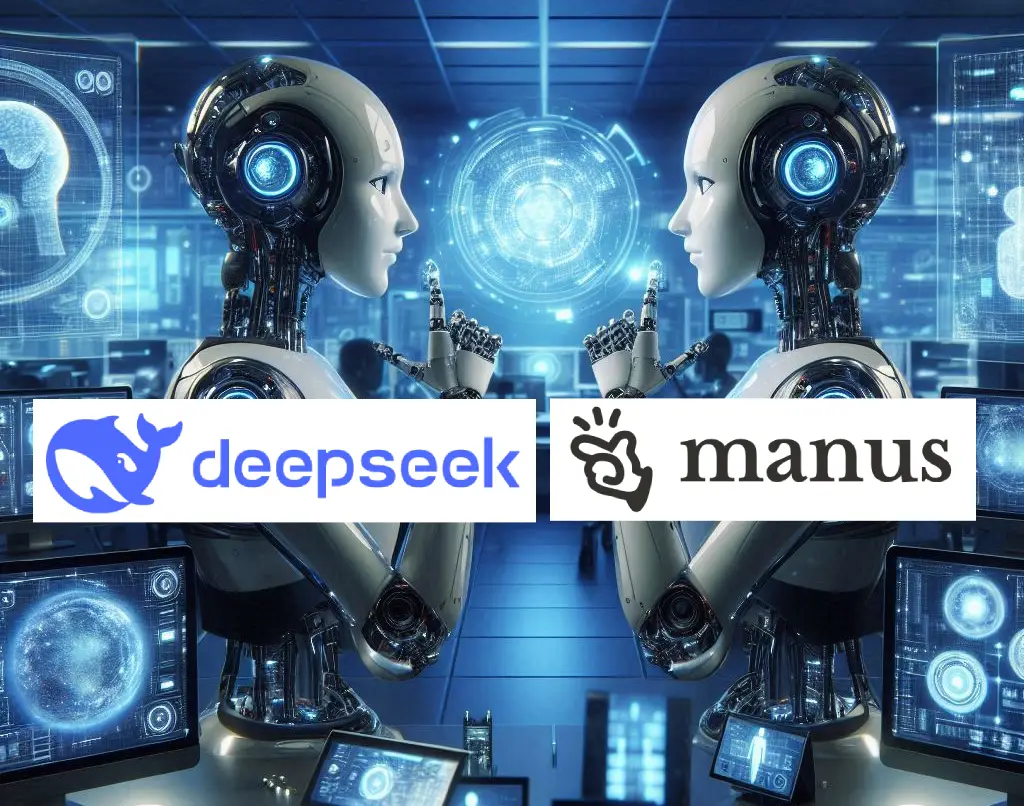Artificial Intelligence (AI) has rapidly evolved from a niche scientific endeavor into a transformative force reshaping industries, economies, and daily life. From virtual assistants to self-driving cars, AI is revolutionizing the way we interact with technology and the world around us. But what does this mean for the future, and how can we harness AI’s potential responsibly?
The Evolution of AI AI has come a long way since its conceptualization in the mid-20th century. Early AI systems relied on rule-based programming, but modern AI leverages machine learning and deep learning to process vast amounts of data and make intelligent decisions. Breakthroughs in neural networks, natural language processing (NLP), and computer vision have accelerated AI’s capabilities, enabling applications ranging from medical diagnostics to financial forecasting.
AI in Everyday Life AI has seamlessly integrated into our daily routines, often in ways we may not even realize. Voice assistants like Siri and Alexa, personalized recommendations on Netflix and Spotify, and even fraud detection in banking systems all rely on AI. Businesses use AI to enhance customer experiences, optimize supply chains, and automate repetitive tasks, increasing efficiency and productivity.
Challenges and Ethical Considerations Despite its advantages, AI poses several challenges. Bias in AI algorithms can lead to unfair outcomes, while automation raises concerns about job displacement. Additionally, the ethical implications of AI decision-making, particularly in fields like law enforcement and healthcare, must be carefully managed. Ensuring transparency, accountability, and fairness in AI development is crucial for building trust in these systems.
The Future of AI As AI continues to evolve, its potential appears limitless. Researchers are exploring AI’s role in tackling climate change, advancing medical treatments, and even augmenting human creativity. However, responsible AI development and regulation are essential to ensure its benefits are widely distributed and do not inadvertently harm society.
Conclusion AI is more than just a technological advancement—it’s a paradigm shift that will shape the future of humanity. By fostering ethical AI practices and embracing innovation, we can unlock AI’s full potential while mitigating its risks. The key lies in balancing progress with responsibility, ensuring that AI serves as a tool for enhancing human life rather than replacing it.





